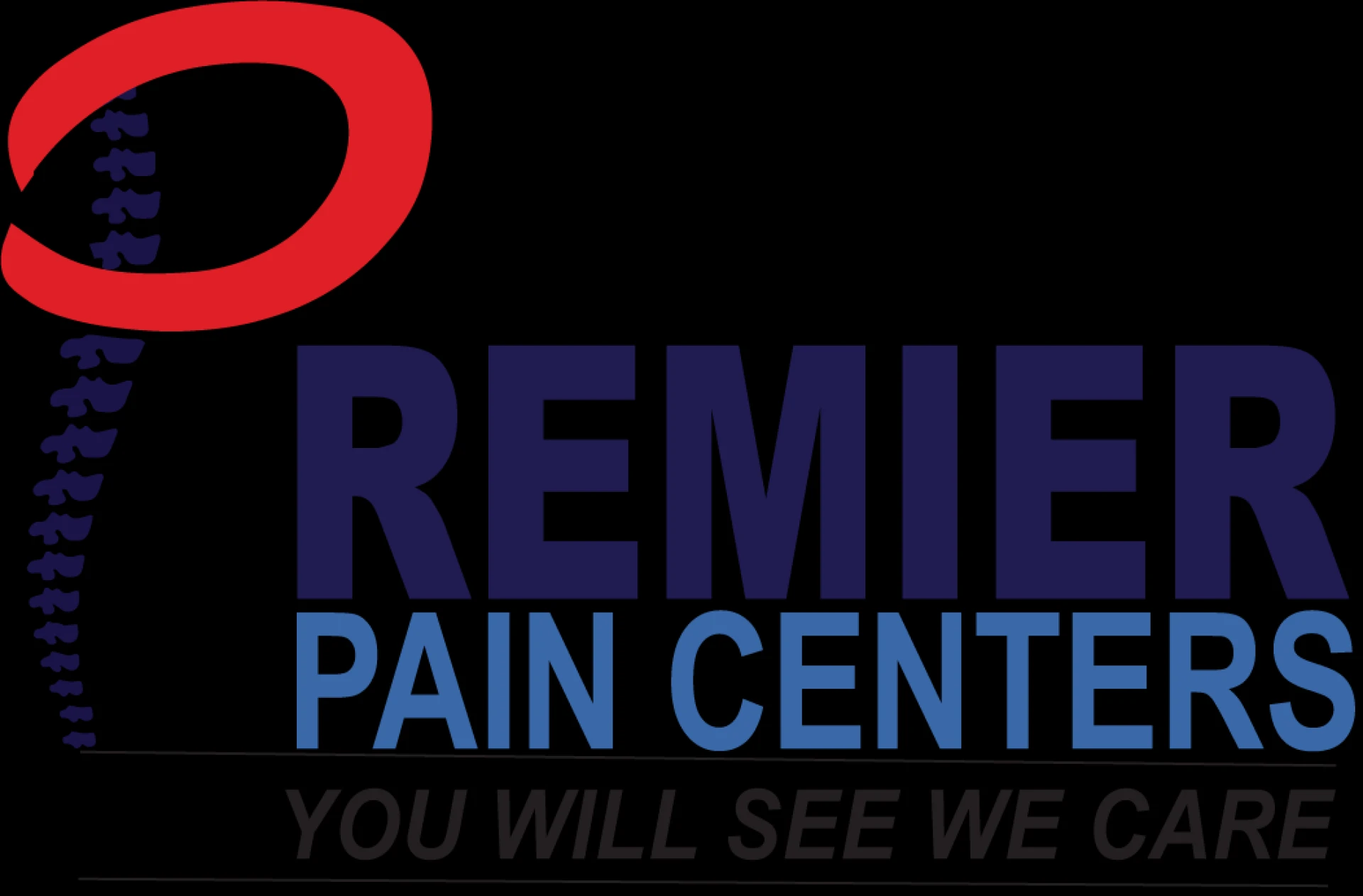Pain management doctors in Dallas are the best source of treatment if you are experiencing any category of pain as a consequence of any illness or injury. Some physicians have expertise in diagnosing, evaluating, and treating pain. After practicing general residency, these physicians complete an additional one-year fellowship program in managing pain, with board certification in specialties like cancer pain and sports injuries. However, the majority of pain management doctors serve chronic pain patients who often may be difficult to diagnose and take up to years to recover from multiple injuries and illnesses. The majority of patients of pain management doctors are those of the lower back, knee, neck, head, and hip. Moreover, common ailments treated by these physicians include arthritis, migraines, fibromyalgia, sciatica, and more.
Types of Pain
Different categories of pain are described below.
Acute Pain shorter in duration, related to soft-tissue injury or illness
Chronic Pain is longer in duration, related to health conditions like arthritis, spine conditions, and fibromyalgia.
Neuropathic Pain Intense pain related to nerve injuries. Mostly caused by nerve damage by certain conditions, diabetes, infections, or surgical procedures.
Nociceptive Pain related to the damage of body tissues.Mostly caused by external injuries like hitting the toe, elbow, or ankle to the door. Observed in muscles, tendons, bones, and joints. However, it can be chronic or acute.
Radicular Pain related to nerve compression or inflammation. It can be experienced as a sharp tingling pain leading to numbness and muscle weakness. An example is sciatic pain.
What To Expect From Pain Management Doctors?
If you plan to visit a pain management doctor like Dr. William Moore, you are moving towards rehabilitation and relief from chronic pain. Pain management doctors bring a deep knowledge of the complexities of prolonged pain to the discussion.
During your initial consultation, they will:
Note attentively your pain experienceArrange a complete assessment of your ConditionDesign a customized Treatment StrategyNow, your status is not only that of a patient but also that of an individual who is a part of a rehabilitation team working in collaboration with other expert professionals. Your insights, remarks, and active contributions are vital in designing the spectrum of your treatment plan. Remember, you have a guide in the form of a pain management doctor who supports and accompanies you to pursue a more manageable and comfortable existence.
Managing Pain Without Medicines
Pain management doctors in Dallas recommend many non-medicine treatments involving several at-home approaches and other conventional treatments. Some of them are as follows.
Some non-medicine options consist of the following:
Heat or cold Use ice packs abruptly after injuries to decrease swelling. Moreover, heating pads are better for eliminating chronic pain due to muscle or joint injuries.
Physical therapies like walking, strengthening, stretching, or aerobic exercises- may relieve the pain, keep you active, and enhance your mood. To avoid overdoing it, you may gradually increase your exercise.
Massage a mild form of physical therapy. Most effective for pain due to soft tissue injuries but avoid performing in joint pain injuries. Some researchers recommend that pain management can be supported by massages but not adopted as a long-term therapy.
Relaxation and stress-reducing techniques such as meditation and yoga.
Cognitive behavior therapy (CBT): this type of psychological therapy can facilitate the way you mentally handle your ailment. It changes how you think, feel, and behave about pain. However, a notable technique for learning to help yourself in self-managing chronic pain.
Acupuncture: Acupuncture involves inserting thin needles into pointed areas on the skin. The main focus of this treatment is to heal the body by restoring balance and releasing natural pain-relievers like endorphins. This technique has proved effective in reducing pain severity and maintaining functions.
Transcutaneous electrical nerve stimulation (TENS) therapy – This technique requires the application of low-voltage electrical currents that pass through the skin with the help of electrodes. As a result, a pain-relieving response is prompted from the body. However, published evidence is still missing to support the effective aspects of TENS for treating chronic pain.
Pain Medicines
Most individuals utilize a pain killer (analgesic) in different stages of their lives.
The most common types of pain medicines are:
Paracetamol – Usually a first recommendation for relieving short-term pain.Aspirin- Non-steroidal anti-inflammatory drugs (NSAIDs), Opioid drugsLocal anesthetics including drops, creams, sprays, or injections) –Anti-epilepsy and antidepressant medicines – specifically used for nerve pain.Summary
Pain management doctors like Dr. Rao K. Ali collaborates with patients to relieve pain. They guide an individual on what medications he may take to design and manage larger pain therapies.
Pain management generally involves different therapies and approaches. They may recommend a combination of medications, medical approaches, alternative therapies, physical therapy, and behavioral approaches. An effective management plan can find some relief for the pain.


